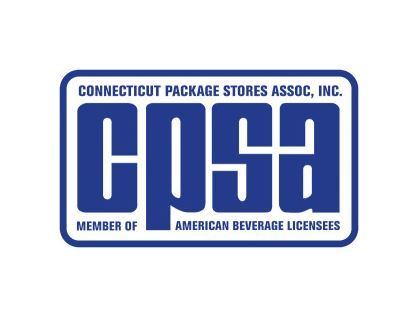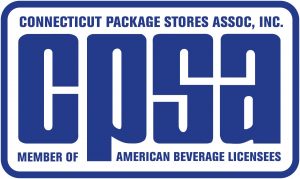

Sean Hughes, Account Director, Connecticut Package Stores Association.
By Sean Hughes, Account Director, Connecticut Package Stores Association
October is known for being an eerie time of year. Reflecting on what package stores could have been facing this month if wine, liquor and nip bottles were added to the state’s bottle bill sends a chill down the spine. The proposed changes, which were defeated by the industry, would have required package stores to take every single bottle sold back into their stores — something most stores would be unable to accomplish due to lack of space and staff. Although that proposal was defeated in the last legislative session, plans are already in the works for additional changes to the bottle bill by various environmental groups.
The first of this month is also the start-date for certain provisions of Public Act 21-58, also known as the “bottle bill” legislation. After years of advocating at the State Capitol, municipal leaders, environmentalists and others were successful in making changes to Connecticut’s bottle bill, with some compromises. Prior to these compromises, the original bill would have mandated drastic changes to the liquor industry, allowing all wine, liquor and nip bottles to be redeemed by the consumer, who would bring them back to the retailer until they could be picked up by the wholesaler.
The industry as a whole was united against these concepts and sought to educate lawmakers on the logistical problems this proposal created, and the negative impact it would have had on the local economy. The entire three-tier system worked with the Environment Committee and advocated for the removal of those concepts, while suggesting a compromise.
One of the compromises that became law was the five-cent “environmental fee” on each 50-ml bottle, better known as a “nip” bottle, starting on Oct. 1, 2021. This proposal removed the mandate that the nips would be a redeemable item, which would have required package stores and wholesalers to take them back. On Oct. 1, all retailers will need to charge five cents for each nip sold. That five cents goes to the wholesaler, who is then responsible for giving the money collected on the nip sales to the municipality in which they were sold.
The “environmental fee” compromise was thought of as a way to handle the nip litter issue, which has been brought to the legislature for years by many municipalities with 50-ml bottles polluting their roadways and waterways. Several cleanups have been organized throughout Connecticut, with many collectors gathering staggering amounts of discarded nips and bottles.
In addition to proposals to make nips redeemable, there was talk of outright banning them, just like New Mexico did. Towards the end of the legislative sessions, the proposal to place an “environmental fee” on the nips was seen as a way to help fund and promote cleanups, while ensuring that a takeback program would not be overwhelming small businesses across the state.

An environmental issue that continues to plague the industry is the weight of glass in the waste stream. This issue has garnered increased attention as municipalities have felt the consequences of China’s 2018 National Sword Policy, which limited what types and volume of waste could be shipped from across the world to China. The fees that municipalities have been paying per-ton to remove their trash have steadily increased, since there is no longer a place in the world willing to accept the waste. Towns and cities are desperate to remove any heavy items from the waste stream, to avoid high tonnage fees by waste collectors.
Many environmentalists began to focus on wine and liquor bottles, telling municipal leaders and others that they make up the majority of glass in the waste stream. The conclusion that environmentalists came to was to place wine and liquor bottles into the bottle bill, and have the customers bring them back to retailers to be redeemed. This language was in the original bill, but an additional compromise was made to create a stakeholder group to study and solve the problem instead.
This stakeholder group is tasked with discussing the issue and coming up with proposals to solve the problem, which would be evaluated by The Department of Energy and Environmental Protection (DEEP). DEEP is then charged with the development of terms of a memorandum by January 1, 2023 to turn eighty percent of recyclable wine and liquor bottles into “furnace-ready cullet or byproduct that is melted or otherwise used in cement, glass or fiberglass products.” This would mean that eighty percent of all wine and liquor bottles sold in the state would have to be properly recycled to be processed and turned back into a usable product. Under the current single-stream collection system, this is not considered to be possible.
The stakeholder group had their first meeting on Aug. 9, and will continue to meet over the next year and a half. The Connecticut Package Stores Association, who is involved in these meetings, will continue to advocate on behalf of its members and provide updates on this and other matters.



